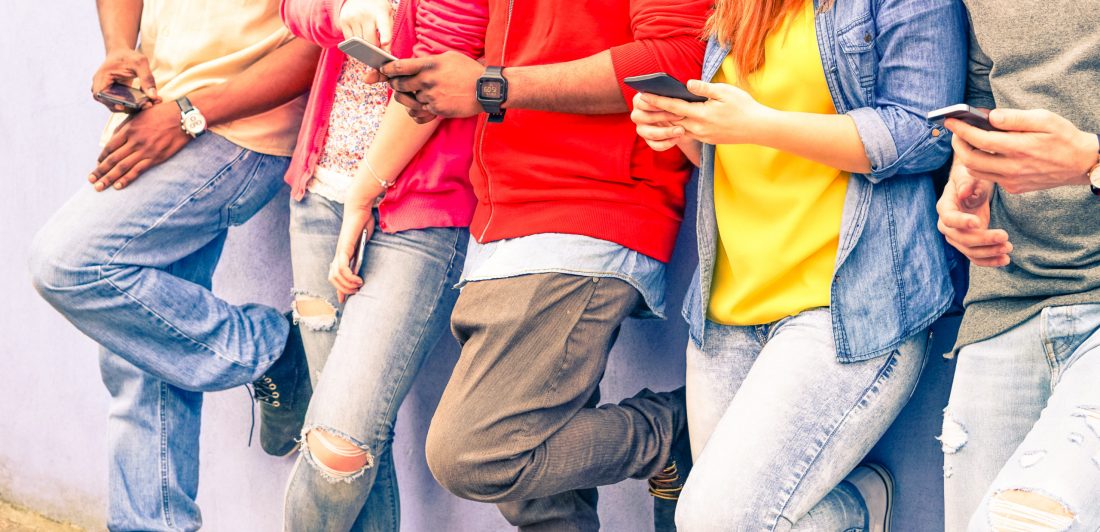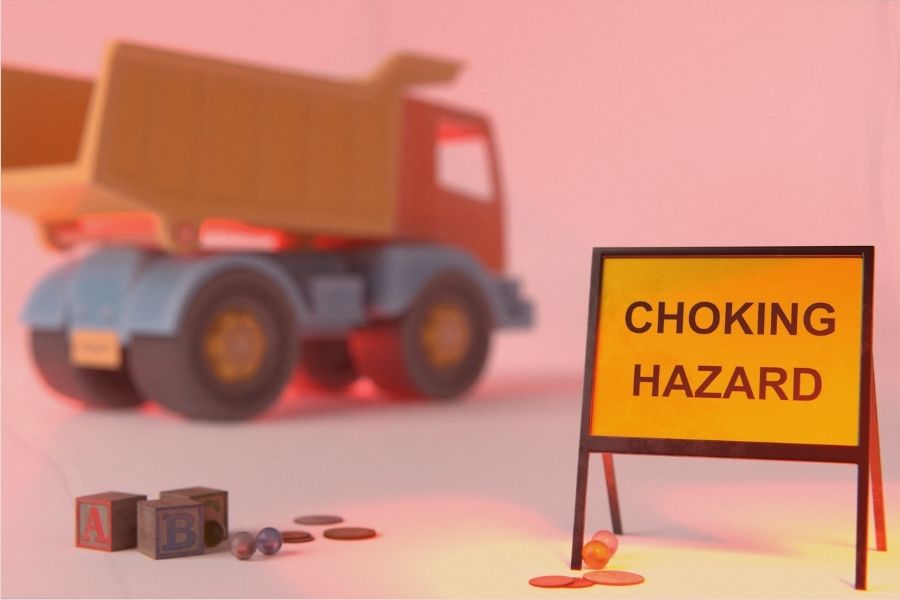If you were to ask a group of girls about their morning routine, some might say the first thing they do every day is check their Instagram feed as if it’s the morning news. Now more than ever, social media plays a crucial role in the lives of youth. Although it can bring significant benefits and exciting opportunities, research is beginning to uncover how specific social media experiences may influence youth mental health.
According to the Pew Research Center, 69% of adults and 81% of teens in the United States use social media, with nine of of 10 American teenagers having a smartphone. Additionally, teens spend countless hours a day accessing unlimited online content— watching videos, playing games, and communicating through social media. However, adolescence represents a period of heightened risk for the onset of mental illness, with nearly 1 in 5 adolescents suffering from a diagnosable mental disorder.
Over the last few years, we have learned more about how social media platforms profit from their users and how much time those users spend on their platforms. Unfortunately, the profit may be at the expense of mental health— especially that of our youth.
What Makes Social Media Appealing to Teens?
Broadly, social media is defined as any digital tools or applications that allow users to interact socially. Social media can be distinguished from traditional media by users' ability to consume and create content. Under this broad definition, “social media” may include social networking sites such as:
- Snapchat
- TikTok
- YouTube
- Twitch
Although social media is a great way to stay connected with people worldwide, it can be detrimental to one’s well-being.
Addiction
Several ex-employees of Apple, Google, and Facebook have warned that large tech companies deliberately design apps to be addictive, regardless of their impact on their users' mental health and emotional well-being. Tech companies aren't likely to encourage users to take a break either. The more time spent on the app, the more advertising revenue flows into the pockets of tech companies. Attention equals currency.
Fear of Missing Out
One of the many reasons young adults feel so compelled to go on social media platforms is FOMO (fear of missing out). They want to ensure that they are up to date with what is going on, not only with friends, but also with pop culture. In a BBC article , several high school students were challenged to not go on their phones or check their notifications for a week. One student said she felt “disconnected and isolated from the world” the longer she stayed off of the social platforms.
Peer Experience
Peer acceptance is extremely important to young adults. It’s easy to get caught up with your number of likes or followers at any age. However, peer pressure and the desire to be part of the “in crowd” can make teens crave attention more than adults.
Social Network Giants Putting Profits Over Well-Being
In 2021, a former Facebook employee handed over thousands of internal Facebook documents to federal law enforcement implying that social networks put profit over public safety. Since at least 2019, the company has been studying the impact of its products on its younger users’ states of mind. It has been proven countless times that its product harms a large percentage of the population, particularly teenage girls.
Although a similar issue exists for boys, social media seems to impact girls' mental health substantially. Girls continue to face more pressure about their appearance, which social media often exacerbates. Research has shown that female body image is affected by what they see in the media. Photoshopped images of women have been used to sell products for years, and the touched-up photos have frequently caused women to think less of themselves. For these teenage girls, seeing the people they interact with in real life start to post the same types of images may lead to dissatisfaction with their own physical traits.
Negative Effects of Social Media Use to Mental Health
Although there are known benefits to social media, there are risks to mental health from social media consumption.
The Culture of Comparison
Young people tend to compare themselves to others, especially those they interact with on social media. Individuals may also frequently engage in selective self-presentation on social media. This results in posts and images that are carefully crafted to portray users in a positive light. Unfortunately, this may lead some youth to engage in unfavorable social comparisons regarding their own accomplishments, appearance, or abilities. In a deeper dive into the mental health aspect, marketing and product design executives and data scientists at Facebook concluded that some of the problems, such as “social comparison,” were specific to Instagram and not replicated by other platforms.
Risky Behaviors
In addition to comparison, youth exposed to social media content depicting risky behaviors (i.e., alcohol and other substance use) may be more likely to engage in these behaviors themselves. A study published in the National Institutes of Health studied the link between alcohol and social media. The study found that when young people posted photos of alcohol, it was typically in a positive context, such as a holiday party. Social posts like these typically received more engagement than non-social posts, reinforcing the posts and encouraging young people to continue sharing that behavior.
Cyberbullying and Imposter Syndrome
Another significant danger that social media presents is in the way children communicate. Specifically, it has made it easier to be cruel online. Unlike an in-person interaction, users of social media do not face retaliation, making it easier to engage in cyberbullying. Cyberbullying is a form of emotional bullying that occurs online through devices such as phones, computers, and gaming consoles. This abuse is meant to humiliate, embarrass, or discourage others by sharing personal or private information.
Some statistics have shown that as many as 50% of children have experienced cyberbullying, with studies finding that adolescent males are more likely to engage in cyberbullying than females. Cyberbullying can take many forms, including personal attacks, harassment, discriminatory behavior, defamatory information, misrepresenting oneself online, private information, social exclusion, and cyberstalking.
Depression and Anxiety
Social media has a reinforcing nature by activating the brain's reward center by releasing dopamine, the “feel-good chemical” linked to other pleasurable activities such as eating food, engaging in social interaction, etc. As mentioned, the platforms are designed to be addictive and are associated with anxiety, depression, and even physical ailments.
In a study published in the Canadian Journal of Psychiatry, researchers observed more than 3,000 seventh to 10th graders in the greater Montreal area over a period of four years. Researchers found that the children’s anxiety and depression symptoms became more severe the longer the usage among social media. In addition to usage, loneliness can arise when offline adolescents use social media to compensate for less developed social skills, perhaps leading them to feel even more lonely in the long run.
Self-Harm and Suicide
According to the CDC, the suicide rate for adolescent girls has doubled since 2007. In 2015, three times as many 10-to 14-year-olds girls were admitted to the emergency room after deliberately harming themselves than in 2010. In addition, suicide was the second leading cause of death for high school-age youth in 2018.
We Care. We Can Help.
Electronic media can be harmful and have negative health consequences despite its benefits. No individual should change how they see themselves or feel isolated due to their social media consumption. The Carlson Law Firm has been helping individuals seek the justice they deserve. Our attorneys are here to help. We offer free consultations for more information on your legal rights.




